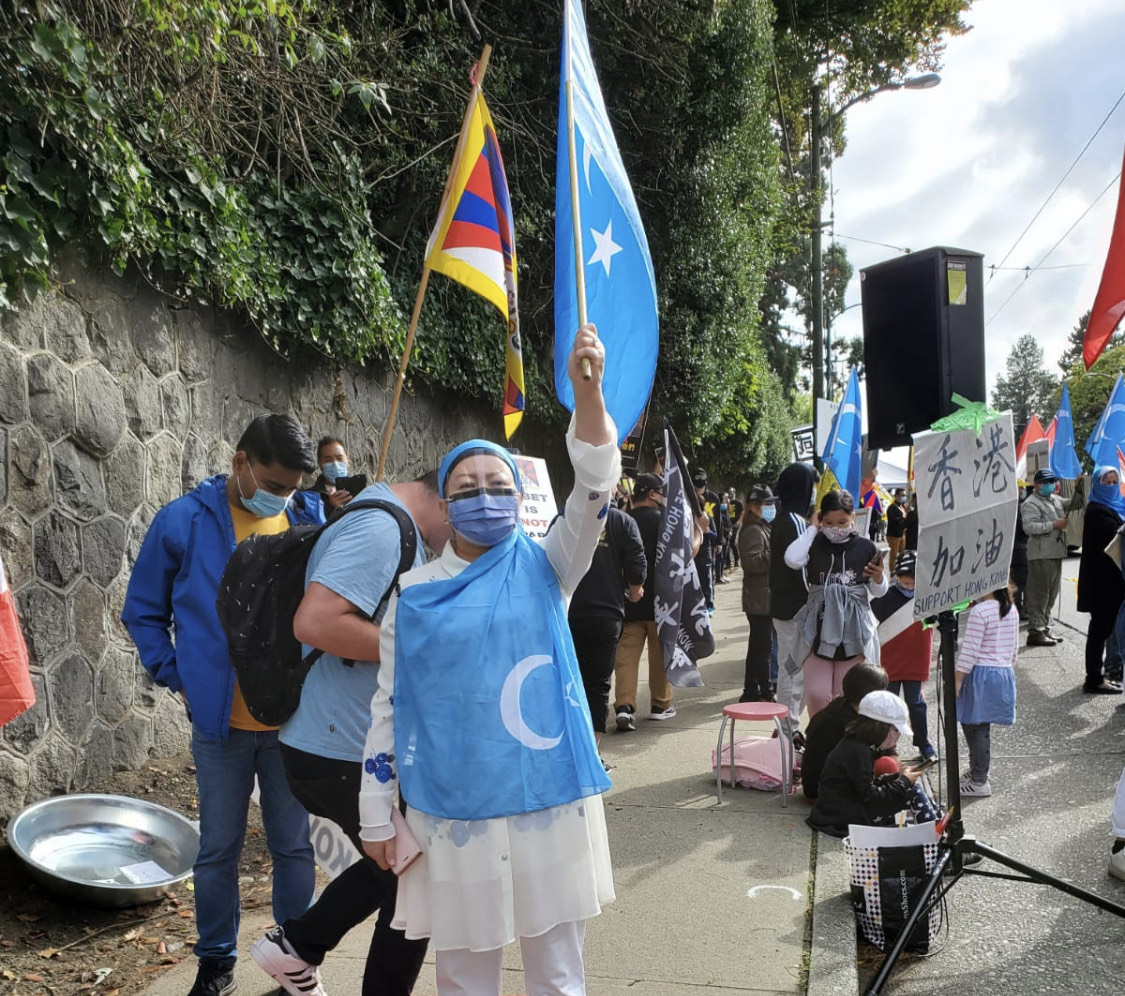A report calling on the federal government to step up efforts to protect immigrants, including refugees, from foreign intimidation has been backed by nine groups from different diaspora communities in Canada.
The report by Secure Canada and the Human Rights Action Group suggests the Canadian government has failed to meet its legal obligations to protect newcomers facing threats from authoritarian governments abroad, saying: “Canada is legally obligated to protect people within its borders against certain human rights violations arising from incidents of transnational repression and there are legal frameworks and mechanisms available to Canada at the international and domestic levels to combat such incidents. Despite this, the Canadian government has yet to sufficiently respond.”
Prime Minister Justin Trudeau’s claim that the Indian government was behind the killing of Sikh activist Hardeep Singh Nijjar in Surrey, British Columbia, in June of this year made headlines last month. But for many diaspora communities, the idea that a foreign government had a hand in a hostile domestic event was not something new.
Intimidating Canadians
Transnational repression – the act of foreign governments intimidating people abroad – affects an array of diasporic communities across the country. The Chinese government has been known to target ethnic and religious minorities such as the Uyghurs, while Iran has been accused of issuing threats to political dissidents based in Canada. Other foreign governments, including those in Iran, Saudi Arabia, Eritrea, and Turkey, have also been accused of engaging in transnational intimidation affecting people within Canadian borders.
Mehmet Tohti, executive director of the Uyghur Rights Advocacy Project (URAP), says the reality of foreign intimidation outlined in the report resonates with the experience of the Uyghur community in Canada. “If you interview every single Uyghur Canadian family, you will hear that they lost one or many of their members because of the Chinese government’s ongoing genocidal policy. At the same time, you hear the tragic story that they’re still receiving security threats.” Tohti himself asserts that he has been subject to threatening phone calls from what are believed to be the Chinese government, which has actively quashed dissent from the minority Uyghur population.
While public awareness of foreign intimidation in Canada has grown over the years, Tohti says the federal government has not taken concrete measures to stop it: “You don’t see any action…And that’s the signal you’re sending for those countries who are constantly meddling.”
The same goes for the Sikh community, according to World Sikh Organization (WSO) spokesperson, Balpreet Singh: “The Canadian government has known for decades that the Indian government actively encourages interference, espionage, and other nefarious activities towards the Sikh community but has done very little, if anything, to counter that.”
Such ongoing threats have led diaspora groups from those communities, including Tamils, Tibetans, Tigrayans, Cubans and Turkish people to endorse the recent report on foreign intimidation.
The report outlines 37 recommendations, aimed at the federal government, to combat foreign interference and transnational repression.
Those recommendations include the creation of a dedicated agency to address transnational repression and the establishment of a Commissioner of Foreign Influence to field reports of violations by embassies and other foreign government entities.
Building a coalition
The report also calls for the creation of a dedicated hotline that victims can use to report foreign intimidation and help ensure that complaints are collected and maintained by a single entity. It also suggests that psychological support should be provided to victims of transnational repression, including the creation of a specialized victims of transnational repression fund to help those who may require emergency housing, personal security or physical and mental health treatment.
Another recommendation is for the creation of a foreign agent registry which would require people acting on behalf of foreign states.
Organizations that endorsed the report said the coalition-building between different diaspora communities is a key step in effectively bringing these issues to decision-makers in Ottawa.
Katpana Nagendra, spokesperson for the Tamil Rights Group, which endorsed the report, says that while it does not specifically mention instances of foreign intimidation and interference in the Tamil community, a lot of the concerns resonate with their experience. “The idea that you’re safe now that you’re in Canada doesn’t hold true all the time,” she says. “We thought it was important to stand in solidarity with other community organizations facing similar challenges.”
Tohti of URAP says the collective endorsement of the report is important in responding to foreign intimidation as a shared concern: “If we can turn this national conversation into a real opposition moment, or public mobilization, to reach out to politicians, and that just raises the issue, and pushes them to do something, it can be really powerful.”
Singh of WSO adds there are lessons to be learned from other communities: “Moving forward, it’s going to be important to learn from others who have historically and currently experience foreign interference in Canada.”
The Canadian government’s sweeping public inquiry into foreign interference that was launched last month could set the stage for a discussion of how it will tackle this issue domestically.
Katrya Bolger is a Thai-Canadian journalist. She writes about how national politics and policy impact Canada's immigrant communities. Since starting her career as a sub-editor for the Bangkok Post, she has spent over seven years writing and editing for various newspapers, magazines and non-profit organizations in Canada and abroad. Her written work has appeared in publications such as The Globe and Mail, Montreal Gazette and The Walrus.



